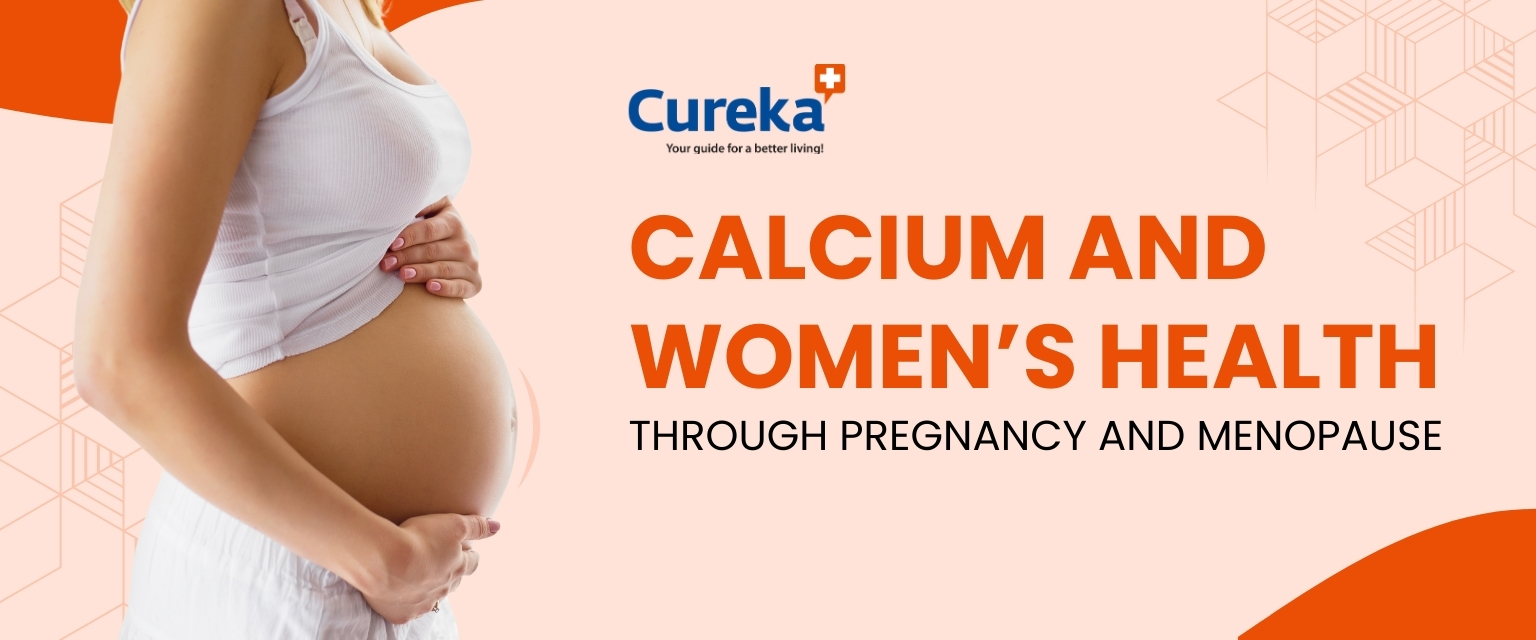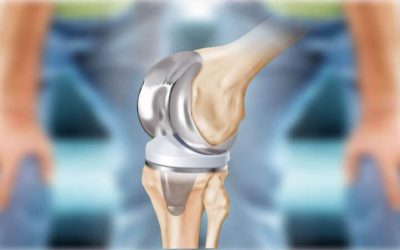Calcium and Women’s Health Through Pregnancy and Menopause
In the journey of women’s health, calcium emerges as a pivotal micronutrient from the stages of pregnancy through the transformative journey of menopause. Beyond its well-known role in fortifying bones, calcium, when coupled with adequate vitamin D intake, stands as a guardian against bone loss and fractures, especially in peri- and postmenopausal women. This essential mineral also helps recover from various non-skeletal disorders, from hypertension to colorectal cancer. Everyone knows about its significance during pregnancy, its role in maintaining bone density and preventing osteoporosis as we age. But it has a huge impact on menopausal stage too.
Why Calcium for Women?
We often associate calcium with bones and that is correct. Ninety-nine percent of the calcium in our body is stored in our bones. The other 1% is found in blood and tissues and helps with nerve function, blood clotting, and helps our muscles contract.
Calcium plays a major role in a number of aspects of women’s health, particularly because women have a lower bone density than men. Women have thinner and smaller bones than men, and due to the structural differences, women need more calcium than men to maintain their bone density.
Calcium carbonate is the more affordable and available form of calcium supplement. Digestive acid the stomach makes while eating helps the body absorb calcium carbonate.So always take Calcium Carbonate with food.
Menopause and Calcium
Adequate calcium intake (in the presence of adequate vitamin D intake) has been shown to prevent bone loss and reduce fracture risk in peri-and postmenopausal women. Although calcium is not as effective as antiresorptive agents (e.g., estrogen, selective estrogen-receptor modulators, or bisphosphonates), it is an essential component of antiresorptive agent therapy for osteoporosis. Once the menstrual cycle had got irregular toward the menopause, the serum calcium level rapidly increases, and reaches maximum in 2-5 years after the menopause, and slightly decreases thereafter.
Estimates suggest that peri- and postmenopausal women require at least 1,200 mg/day of calcium, with levels exceeding 2,500 mg/day not recommended. To ensure optimal calcium absorption, a daily intake of 400–600 IU of vitamin D is advised through sun exposure, diet, or supplementation.
There can be an increased risk of some health conditions post menopause. In the absence of an accurate calcium deficiency test, healthcare providers should prioritize ensuring women meet recommended intake levels.
Dietary calcium and manganese may have a functional role in the manifestation of symptoms typically associated with pre menstrual symptoms.
Pregnancy and Calcium
When you’re pregnant, calcium will help your developing baby: Build strong bones and teeth. Grow a healthy heart, nerves and muscles. Develop a normal heart rhythm.
When the calcium level in blood decreases, the parathyroid glands produce more parathyroid hormone. When the calcium level in blood increases, the parathyroid glands produce less hormone.
Calcium supplement for pregnant women is usually calcium carbonate. This is because it contains the highest amount of elemental calcium, which is the type of calcium that the body can absorb and use.
World Health Organization (WHO) has recommended calcium supplementation of 1500–2000 mg/day for the prevention of preeclampsia from 20 weeks of gestation to all pregnant women in areas of low dietary calcium intake.
Extended Benefits of Calcium
Calcium has also been associated with beneficial effects in several non – skeletal disorders, primarily hypertension, colorectal cancer, obesity, and nephrolithiasis, although the extent of those effects and mechanisms involved have not been fully explored.
Calcium seldom works alone. Its efficacy is often enhanced when combined with other nutrients. Magnesium, for instance, collaborates with calcium to support muscle function and nerve transmission. A balanced intake of both minerals can contribute to optimal health outcomes. Furthermore, vitamin K2 plays a crucial role in calcium metabolism, directing it to the bones and teeth where it’s needed and preventing unwanted deposits in arteries and soft tissues.
Symptoms
Common symptoms of calcium deficiency include weak and brittle nails, easily fractured bones, depression, muscle spasms, confusion, memory loss, muscle cramps, hallucination, numbness, and tingling in the hands, feet, and face.
Excessive calcium intake, particularly through supplements, may lead to adverse effects such as kidney stones. Striking the right balance through a varied and nutrient-rich diet is key to get the benefits without any consequences.
Conclusion
Whether it’s about laying the foundation of new life during pregnancy or fortifying against the challenges of menopause, calcium remains an friendly companion for women not only for bone health but also for managing other non-skeletal disorders.
You can explore a range of calcium and menopause supplements at cureka.com











